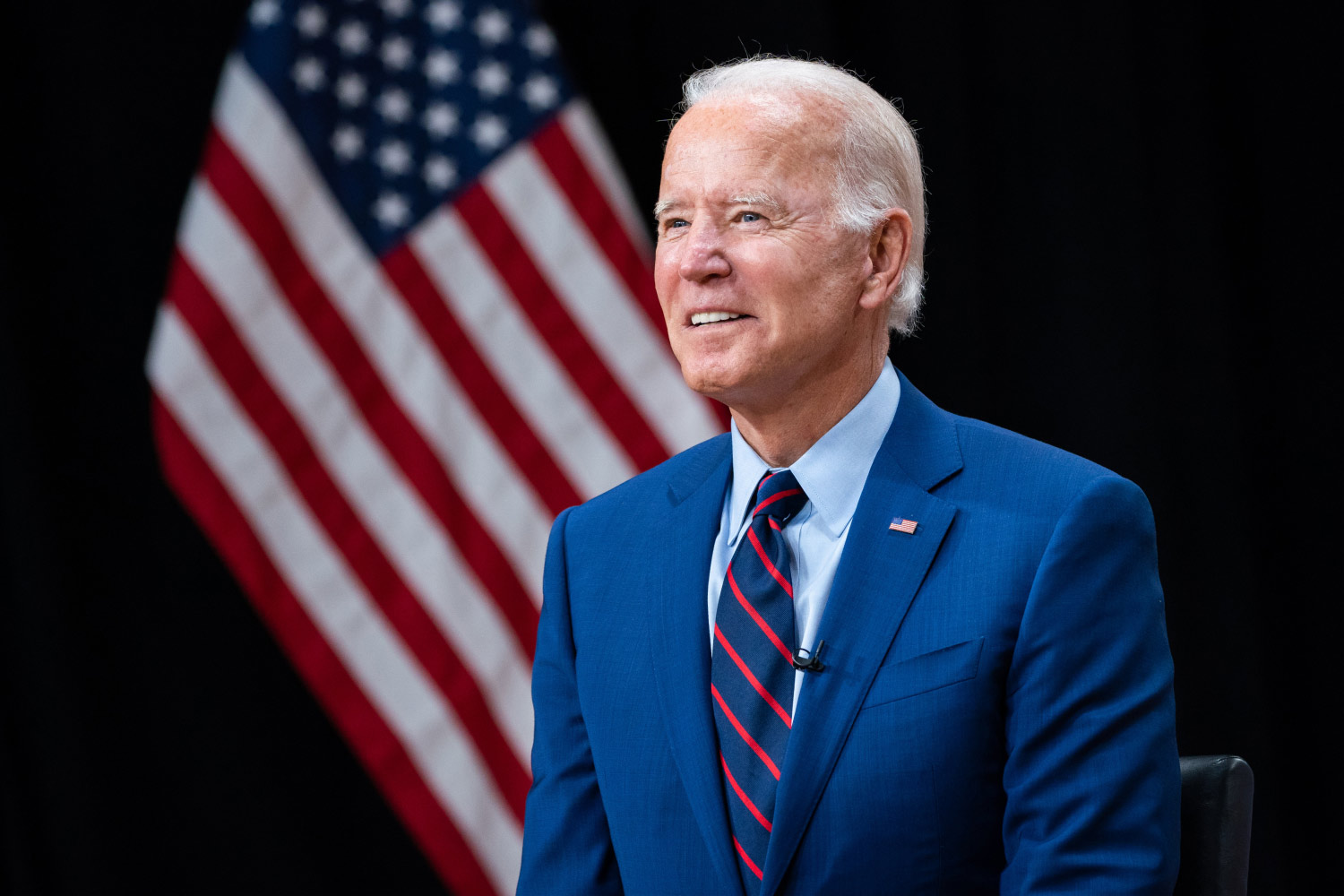“This is a deal that’s good news for … the American people,” Biden told the media after a call with McCarthy to finalise the tentative debt ceiling deal they struck on Saturday night local time.
“It takes the threat of catastrophic default off the table, protects our hard-earned and historic economic recovery,” Biden said.
The deal comes after weeks of heated negotiations between the pair, requiring Biden to cancel a planned trip to Australia for the Quad Leaders’ Summit earlier this month.
The deal, if approved by Congress, will prevent the US from defaulting on its debt obligations. It was estimated that without the deal, the US Treasury will run short of money by June 5.
If the US defaults on its debts in June, it would almost certainly plunge the US economy into recession, with an estimated 45% fall of the stock market and the potential for a global financial crisis (GFC) on a similar level to the 2008 GFC.
However, its expect that the US market will jump at its open this week, due to the likelihood of the US avoiding a default.
But the deal to raise the US debt ceiling must still pass through Congress, which is narrowly divided with the Republican party holding control of the House of Representatives at 222 seats to 213, and the Democrats holding the senate at 51 to 49.
“I strongly urge both chambers to pass that agreement,” Biden said, adding that he expects McCarthy to have the votes necessary for passing the deal.
It’s a new day in Congress. Republicans are changing the direction of Washington with a responsible debt limit that cuts spending, re-establishes work requirements, and claws back tens of billions in unspent COVID funds.
News conference at 10am ET: https://t.co/ZbCzklhtDL
— Kevin McCarthy (@SpeakerMcCarthy) May 28, 2023
If passed, the deal made by Biden and McCarthy will suspend the debt limit until 2025, cap spending for the 2024 and 2025 budgets, take back unused COVID-19 funds, and speed up the process for permits used for some energy projects, and establish further work requirements for food aid programs for low-income Americans.
However, this debt ceiling deal has drawn criticism from both progressive Democrats and hardline Republicans who are unhappy with the concessions made to achieve an agreement between Biden and McCarthy.
During a similar situation in 2013 under the Obama administration, a debt ceiling agreement failed to pass through Congress after a small group of Republicans initially voting against the measures. The result was a government shutdown that led to the temporary closure of many public spaces, as the government became unable to pay its employees until the measures were passed.






